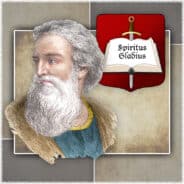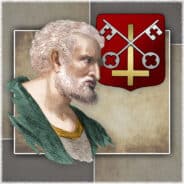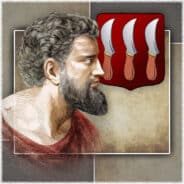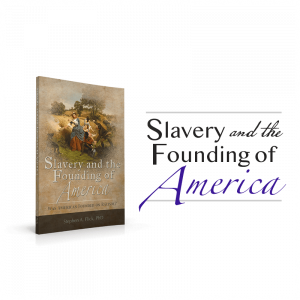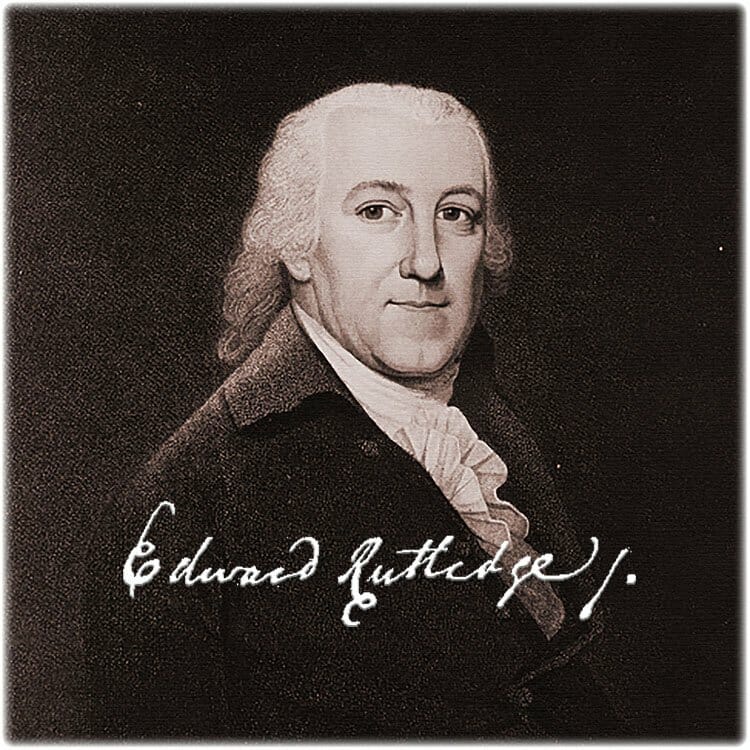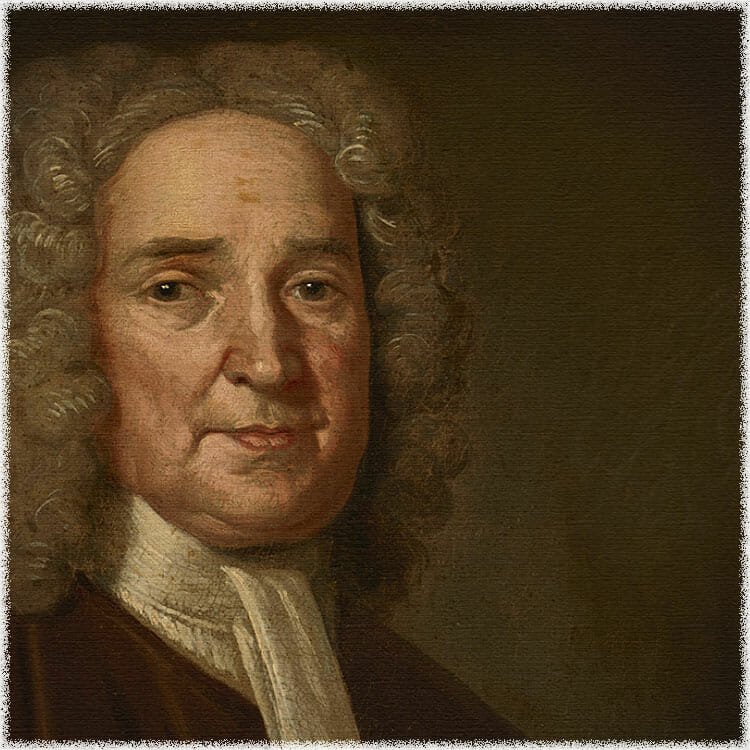
- 5
- Total5
In the New Testament, the term “apostle” occurs seventy-nine times: ten in the Gospels, twenty-eight in Acts, thirty-eight in the epistles, and three times in the book of Revelation. The English term, apostle, is derived from the Greek noun apostolos, meaning to send forth. Its primary use in the New Testament expresses the idea of dispatch, release, or dismiss, but possesses the element of commission, having the authority of and responsibility to the one who was sending. An apostle is one who is sent on a mission who possesses authority on behalf of the sender and is accountable to him.
The Gospels most generally refer to the twelve selected to be with him as “disciples”. Their primary ministry, initially, was to be with Jesus and to learn from him. But they were also known as “apostles” who were given authority to preach and cast out demons (Mark 3:14-15; 6:30). While Jesus was with them, the term “apostle” was rarely applied to them, but after the death of Christ and the experience of Pentecost, this situation changed.
Jesus called twelve disciples, which reflects the number of the tribes of Israel. An important difference existed: the basis of their leadership was not related to tribal interests, but to personal and spiritual concerns. They stood at the head of the early Church (1 Cor. 12:28; Eph. 4:11) in terms of the importance of the spiritual gifts imparted to them and were secondary only to Christ as the foundation of the Church (Eph. 2:20; 2 Peter 3:2). Their primary duties were preaching (Acts 1:22), teaching (Acts 2:42; Eph. 3:5), and administration (Acts 4:37; Acts 6:1-6). The supernatural powers which had been evidenced among them at the day of Pentecost and soon after continued among them as evidence of divine authority upon their ministries (Acts 5:12; 2 Cor. 12:12), and the gift of the Holy Spirit was mediated through them (Acts 8:15-17).
In Western Christianity as well as the East, memorials of the lives and ministry of the apostles arose, observed on given days throughout the calendar year. These designated observances have been altered from time to time, and more contemporary dates of observance have not always been recognized. At present, memorials of the apostles are observed on the following dates:
James the Younger = (May 3)
Philip = (May 3)
Matthias = (May 14)
Paul = (June 29)
Peter = (June 29)
Thomas = (July 3)
James the Greater = (July 25)
Bartholomew = (August 24)
Matthew = (September 21)
Jude = (October 28)
Simon = (October 28)
Andrew = (November 30)
John = (December 27)
Judas Iscariot = No memorial




